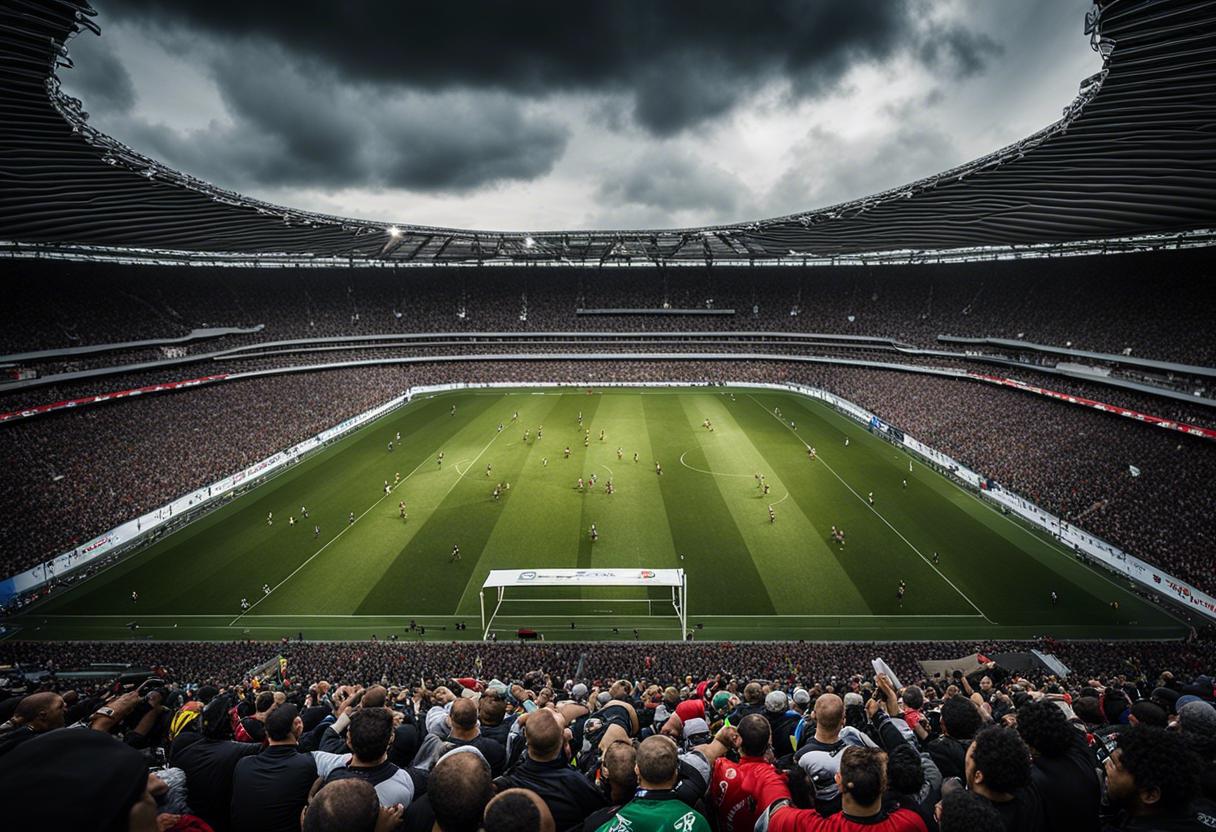On a recent Tuesday evening, several athletes would have turned up for county training, oblivious to the happenings of that day’s afternoon. The hustle and bustle of balancing job, university, or family responsibilities often render getting to the training ground on time, despite the traffic, an accomplishment in itself. Not all players share the same interests; some desire to stay informed while others are indifferent.
The discussion could have gone somewhat like:
“What are your thoughts on the draw?”
“The what now?”
A Tuesday afternoon may seem an odd timing for a championship draw, however, the packed schedule of the season necessitates that the All-Ireland groups be set up prior to all the provincial finals being completed.
It does seem unusual to conduct draws for a competition while others are still ongoing. I have fond memories from my childhood of watching the draws of provincial championships on TV and discussing who Dublin would face at school the following day. Similarly, the FA Cup draws where live reactions from a less popular team were broadcast comes to mind – picture a team huddled around a television, eagerly waiting for their fate. And should Manchester United be their opponents, they would leap out of their seats as if they had just been crowned champions.
Those were indeed different times – especially in the context of the GAA, the provincial championships had a much larger significance. The draws felt substantial and crucial.
However, it’s hard to ascertain the significance of the All-Ireland round-robin draws held last Tuesday. The GAA did not particularly raise the hype prior to the draws and a lot of players were probably unaware they were happening, not to mention the fans.
What complicates matters further is the round-robin format. Brace yourselves as this will become a matter of debate again in the coming weeks. Even as a player last year, prepping for matches, it seemed odd that three out of four teams in a group would advance.
The GAA currently aims to prevent the possibility of the final rounds being meaningless, but I question whether the broad safety net they’ve installed truly favors the competition.
The structure of having 16 teams participating in a series of 24 matches in order to eliminate four teams does raise queries. It seems somewhat odd, and it’s questionable whether a team truly merits progression if they come third in a group of four.
It seems the rationale behind allowing three teams to advance from each group is to keep stakes high in the final round of games. However, this method may unintentionally lessen the importance of the opening match, pushing the spirit of competition further down the line.
Four squads – Tyrone, Kildare, Roscommon and Monaghan, managed to make it to the knockout stages last year, despite only achieving a single win in their three group matches. Accommodating a third qualifying team, it appears the GAA is seeking to prevent the scenario of meaningless games, which may or may not occur. But isn’t that a typical situation in virtually every sport where group stages are an element?
There’ll be groups battling till the end and others that will determine a top two before the last round. Yet, the significance of winning the inaugural game would surge dramatically if only two teams were given the chance to advance, injecting the feel of knockout football right from the start.
Picture Dublin’s potential games this year. If they triumph over Louth in the Leinster final, they kickstart with a home game against Roscommon, followed by a visit to Breffni Park to play Cavan. If Mayo is defeated in the Connacht final, Dublin’s last game might be against Kevin McStay’s team at a neutral location.
While the match-up between Dublin and Mayo is undoubtedly the most captivating, it’s highly probable that both sides will have secured their slots in the knockout stages. While there might still be jockeying for top three places, it’s unlikely any team will be teetering on the brink of elimination. Nonetheless, had only two teams been allowed to progress to the knockout stages, the stakes would have been significantly higher for the Dublin-Mayo match.
With a reduced number of eight teams advancing instead of twelve, the Gaelic Athletic Association (GAA) could benefit from an additional weekend. This extra time slot would prove valuable within the tightly packed championship timetable. It’s probable that Mayo and Galway players knew about the All-Ireland draw ahead of their training last Tuesday. This knowledge, due to how it affects their All-Ireland aspirations, shows a defect in the current system and how matches are scheduled.
The outcomes of winning and losing are unlikely to have been a conversation piece among the management team and players this past week. However, likely, casual conversations about it would have taken place among the players. Regardless of the narratives around the draws, both Mayo and Galway would have a single-minded focus on winning Sunday’s Connacht final. Their ultimate accountability, regardless, will be in the final assessment of their All-Ireland campaign. The eventual outcome will craft the storyline around the team.
Following Tuesday’s draw, neither Dublin nor Kerry camps would be upset. Their Fortunate position means both finals, Leinster and Munster, are predicted to have a straightforward path to the All-Ireland quarter-finals. This situation would grant Dessie Farrell and Jack O’Connor the chance to stabilise their starting lineups whilst also rotating players in the final stages of matches. It offers a notable advantage to Dublin and Kerry until the All-Ireland quarter-finals, particularly compared to Donegal, who’ve already faced tough competition against Derry and Tyrone.
Undeniably, when considering their spirits, Donegal must currently be in a significantly favourable position. Over recent weeks, the team has undoubtedly gathered extensive knowledge and seen colossal development from a strategic standpoint. However, it remains to be seen if the physical demands will take a toll on them later in the competition.

